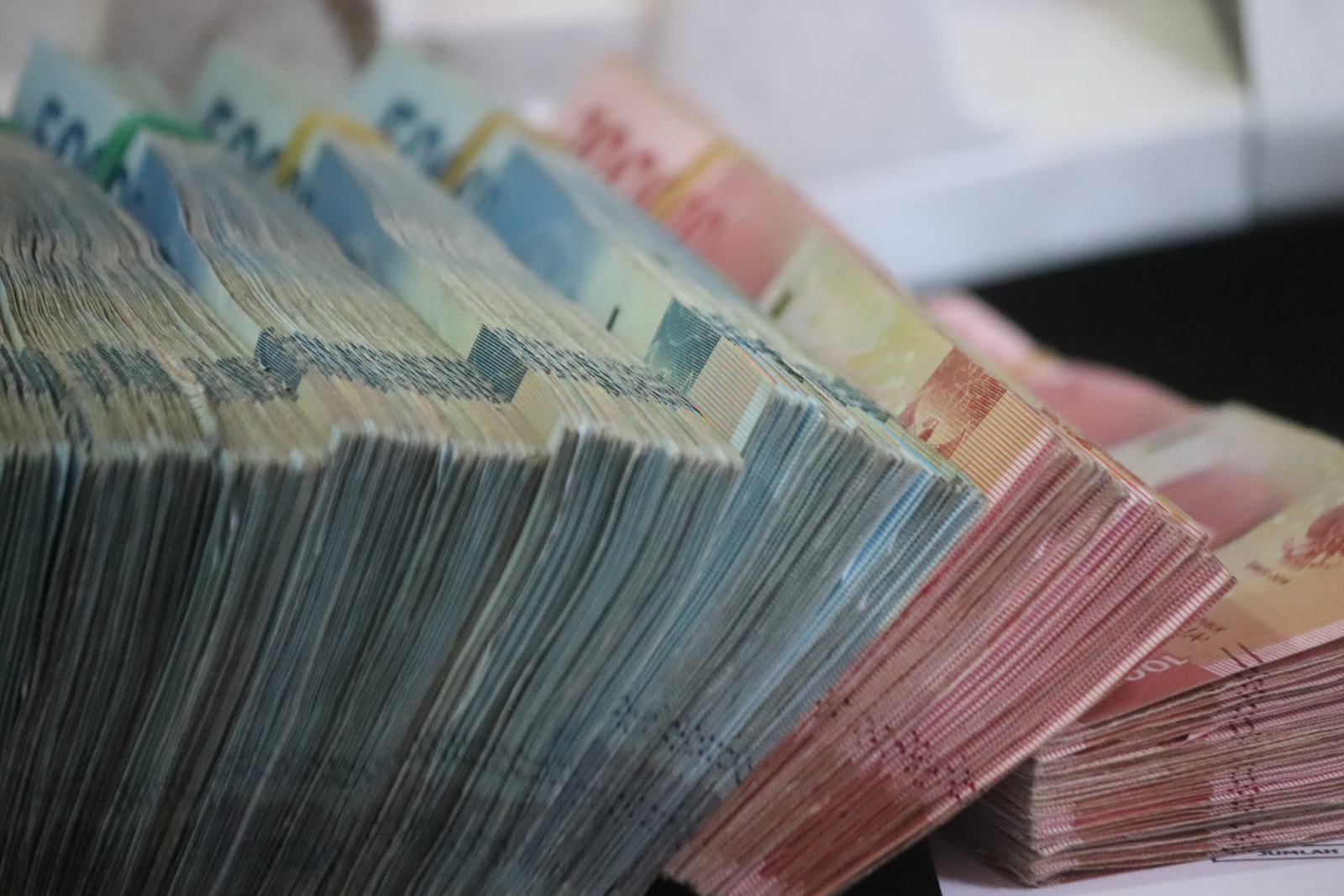According to a recent release from Bank Indonesia, Indonesia’s Balance of Payments (BOP) in the first quarter of 2022 remained sound, thereby bolstering external resilience.
The current account surplus persisted despite capital and financial account deficit, leading to a BOP deficit of USD 1.8-billion in the first quarter of 2022. Consequently, the position of reserve assets at the end of March 2022 stood at USD 139.1-billion, equivalent to 7.0 months of imports and servicing government external debt, which is well above the international adequacy standard.
A current account surplus was maintained in the first quarter of 2022, primarily supported by a large goods trade surplus. The current account recorded a USD 0.2-billion surplus (0.1% of GDP) in the first quarter of 2022, thereby maintaining the positive balance recorded in the previous period at USD 1.5-billion (0.5% of GDP). Current account performance was underpinned by a solid non-oil and gas trade surplus given soaring international commodity prices, including coal and crude palm oil (CPO), despite a higher oil and gas trade deficit in line with the rising global oil price.
Meanwhile, the services trade deficit increased as economic activity continued to improve and the number of outbound Indonesian travellers picked up in response to looser international travel restrictions and reopening of the umrah pilgrimage. On the other hand, a narrower primary income account deficit also shored up the current account surplus.
Despite persistently elevated global financial market uncertainty, capital and financial account performance in the first quarter of 2022 remained sound, supported by a direct investment surplus. The capital and financial account in the first quarter of 2022 recorded a USD 1.7-billion deficit (0.5% of GDP), reducing from USD 2.2-billion (0.7% of GDP) in the fourth quarter of 2021. Investor optimism concerning the promising domestic economic outlook and a conducive investment climate attracted a net inflow of direct investment in the first quarter of 2022 totalling USD 4.5-billion, up from USD 3.8-billion in the previous period.
Meanwhile, global financial market uncertainty persistently elevated in line with escalating geopolitical tensions between Russia and Ukraine and faster policy normalisation in advanced economies triggered foreign capital outflows of portfolio investment, though lower than recorded in the fourth quarter of 2021. In addition, other investment transactions experienced a larger deficit in the reporting period, among others, due to increases of trade credit and placements in foreign currency assets given persistently strong export activity.
Moving forward, Bank Indonesia will carefully observe global economic dynamics that could impact Indonesia’s BOP outlook and strengthen the policy mix to maintain economic stability, while bolstering policy coordination with the Government and other relevant authorities to reinforce external sector resilience.
Further information and data are presented in the Q1/2022 Indonesia Balance of Payments Report available on the official Bank Indonesia website.
Source: Bank Indonesia Press Releases


